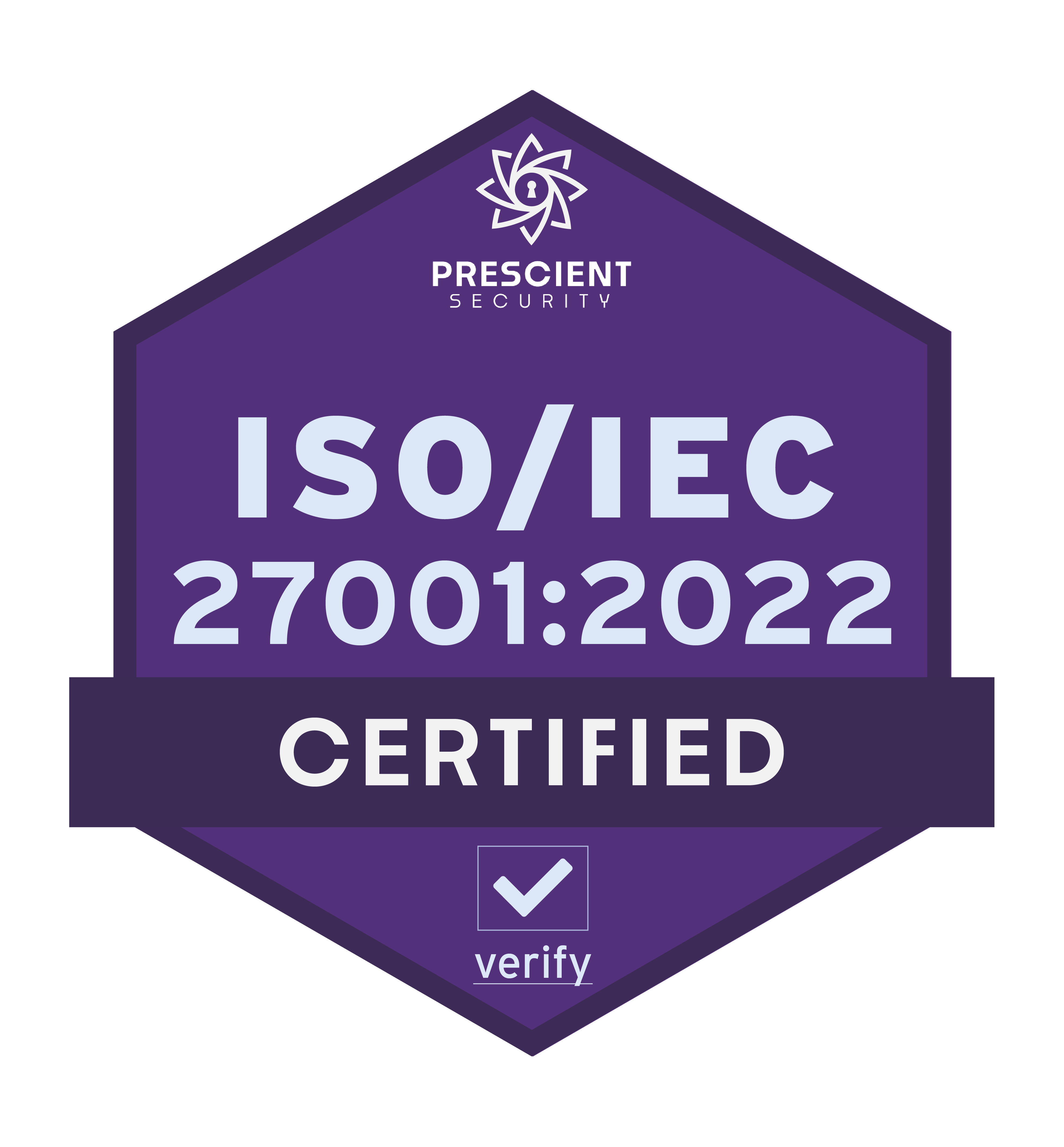Question
When should I use the reach-touch as opposed to the touch voltage option?
Answer
The difference between the reach-touch voltage and the touch voltage is that the reach touch voltage is automatically set to 0 when the distance between the observation point at the earth's surface (representing the location of a worker's feet) and the conductor which is touched exceeds a certain user-specifiable threshold, called the reach distance. This is useful if you are sure that conductors located farther away than a certain distance (say 3 meters) from a worker cannot possibly be touched by that person. Under those conditions, the touch voltage option would tend to report inflated values, since it would take into account the presence of those "unreachable" conductors in its computations.
You have to be careful when using the reach-touch option, however. Conductors that appear to be located very far from a given location may nevertheless be reachable from that location if there are overhead connections (which are not modelled in MALT and MALZ). Also, in the present version of the software, the reach-touch option and the associated reach distance apply globally for all computation points.
Note that the touch voltage option always reports values that are greater (or at most equal) to the reach-touch voltage option, and therefore represents a conservative alternative. If you can make your system safe using plain touch voltages, then you have no problems. In some cases, however, the touch voltages appear to be unsafe even though in reality you know that the no-one could possibly touch any conductors from the locations reported to be unsafe. It is at this point that you may want to use the reach-touch option.
No Related Articles Available.
No Attachments Available.
No Related Links Available.
No user comments available for this article.

